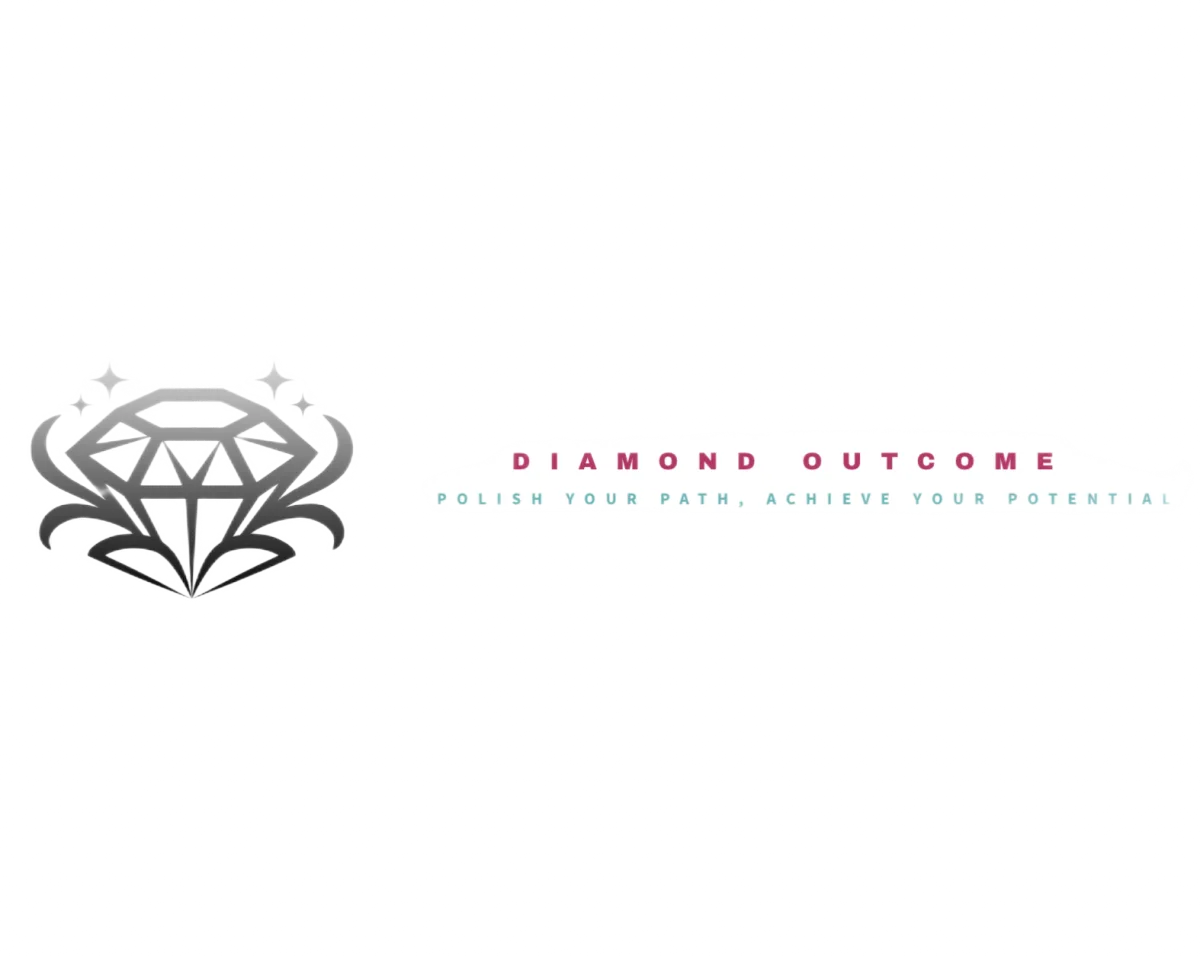BLOG
Discover transformative insights, practical strategies, and inspiring stories to guide your personal growth journey.

The Joy of Journaling
“Writing in a journal each day allows you to direct your focus to what you accomplished, what you are grateful for, and what you are committed to doing better tomorrow.” - Hal Elrod, author of The Miracle Morning
Introduction
In a world where we are constantly bombarded with information, finding a moment of clarity and self-reflection can be a challenge. Yet, within the pages of a journal lies an opportunity to slow down, reconnect with ourselves, and explore the depths of our inner thoughts. Journaling, a practice that has stood the test of time, offers a sanctuary for our minds, providing a safe space to express emotions, set goals, and reflect on our experiences.
Journaling is more than just a way to document daily events; it’s a powerful tool for self-exploration and personal growth. Through regular writing, you can gain insights into your thoughts and emotions, track your progress over time, and discover patterns in your behavior that can lead to profound changes. This article will delve into the joys of journaling, exploring various types of journaling, the many benefits it offers, and practical tips to help you get started. Whether you’re new to journaling or looking to deepen your practice, this guide will provide you with the insights and inspiration you need to make journaling a meaningful part of your life.

Journaling is really about moments of inner reflection
What is Journaling?
Journaling is the practice of regularly writing down your thoughts, feelings, experiences, and reflections in a dedicated notebook or digital platform. It is a form of self-expression that allows individuals to explore their inner worlds, document their personal journeys, and gain insights into their lives. At its core, journaling is about creating a space where you can be honest with yourself, free from judgment or external pressures.
The history of journaling dates back centuries, with notable figures such as Leonardo da Vinci, Anne Frank, and Marcus Aurelius using journals to record their thoughts and observations. These historical journals provide valuable insights into the minds of these individuals, illustrating the timeless nature of this practice. While the methods and mediums of journaling have evolved over time, the fundamental purpose remains the same: to provide a means of introspection and self-discovery.
In essence, journaling is a powerful tool for self-discovery and personal growth. It allows you to document your life’s journey, explore your inner landscape, and connect with your true self. Whether you are seeking clarity, emotional release, or a creative outlet, journaling offers a myriad of possibilities to enhance your well-being and enrich your life. By putting your thoughts and feelings into words, you can gain a deeper understanding of yourself and navigate life’s challenges with greater ease and insight.
Benefits of Journaling
Journaling offers numerous benefits that can enhance various aspects of your life. Here are some key advantages:
Improved Mental Health
Journaling helps process emotions, reduce stress, and manage anxiety. It can identify negative thought patterns and promote emotional healing.
Enhanced Self-Awareness
Regular reflection increases self-awareness, clarifies life direction, and aids in making informed decisions. Recognizing patterns in behavior and thought processes supports personal growth.
Emotional Regulation
Writing about emotions provides a safe space to explore and manage feelings, leading to improved emotional control and stability.
Reduced Stress
Journaling offers a stress-relieving activity, allowing you to process stressful events and develop healthier coping strategies.
Enhanced Problem-Solving Skills
Clarifying thoughts through writing fosters creativity and innovation in solving problems, breaking down complex issues into manageable parts.
Improved Communication Skills
Regular writing practice enhances your ability to articulate thoughts and feelings clearly, improving personal and professional relationships.
Enhanced Creativity
Journaling stimulates imagination and inspires new ways of thinking, fostering creativity and innovation.
Personal Growth and Development
Reflecting on experiences and emotions promotes self-awareness, helps set and achieve goals, and supports ongoing personal development.
Enhanced Memory and Cognitive Function
Writing improves memory, recall, and cognitive functions like critical thinking and problem-solving.
Sense of Accomplishment and Satisfaction
Documenting your thoughts and experiences creates a sense of progress and achievement, boosting self-esteem and motivation.
Regular journaling can unlock these benefits, enriching your life in meaningful ways.
Types of Journaling
Journaling is a versatile practice that can be tailored to fit your preferences and goals. Here are some popular types:
Daily Journaling
Write about your thoughts and experiences daily to reflect on life and track personal growth.
Gratitude Journaling
Regularly write about things you’re thankful for to foster appreciation and contentment.
Bullet Journaling
Use a customizable system of bullet points and symbols to track tasks, goals, and events, enhancing productivity and organization.
Expressive Writing
Write freely about your thoughts and emotions to process difficult feelings and gain emotional clarity.
Art Journaling
Combine visual art with words to express thoughts and feelings creatively, enhancing mental well-being.
Travel Journaling
Document your travel experiences and reflections to preserve memories and gain personal insights.
Dream Journaling
Record your dreams to explore subconscious thoughts and gain self-awareness.
Mindfulness Journaling
Write about present-moment experiences to cultivate mindfulness and reduce stress.
Prompt-Based Journaling
Respond to specific prompts to explore different aspects of your life and gain new perspectives.
Experiment with different types of journaling to find what resonates most with you and enrich your life.
How to Start Journaling
Starting a journaling practice can be simple and rewarding. Here’s a quick guide to help you begin:
Choose Your Medium
Paper Journal: A classic notebook for a tactile experience.
Digital Journal: Apps or word processors for convenience.
Voice/Video Journal: Record your thoughts if speaking feels easier.
Set a Regular Time
Morning: Start your day with clarity.
Evening: Reflect on your day before bed.
Breaks: Use short breaks for quick entries.
Create a Comfortable Space
Choose a quiet spot with a cozy chair, soft lighting, and comforting items.
Set Clear Intentions
Decide what you hope to achieve: clarity, personal growth, creativity, or stress reduction.
Use Simple Prompts
Examples: “What am I grateful for today?” “What challenges did I face?” “What did I learn about myself?”
Write Freely
Don’t worry about grammar or style—just let your words flow.
Be Honest
Write about your true feelings and thoughts for deeper insights.
Reflect and Revisit
Review your entries regularly to track progress and gain new perspectives.
Be Patient
Building a habit takes time. It’s okay to miss a day or feel uninspired.
Experiment
Try different styles and prompts to find what works best for you.
Embrace the journey and enjoy the benefits of journaling for self-discovery and personal growth.
Conclusion
The joy of journaling lies in its ability to provide clarity, foster self-awareness, and promote personal growth. By choosing a journaling medium that suits you, setting a regular time, creating a comfortable space, and experimenting with different types and prompts, you can establish a fulfilling journaling practice. Remember to write freely, be honest with yourself, and revisit your entries for deeper insights. Embrace journaling as a journey of self-discovery, and enjoy the myriad benefits it brings to your mental, emotional, and creative well-being.
Diamond Deep Work: Gratitude Journaling
A good way to explore the joy of journaling is through gratitude journaling. Use this exercise as a guide.
Set Aside Time: Choose a specific time each day, such as morning or evening, for your gratitude journaling.
Find a Quiet Space: Create a peaceful environment where you can focus without distractions.
Write Three Things: In your journal, write down three things you are grateful for. These can be as simple as a sunny day, a kind gesture from a friend, or a personal achievement.
Reflect on Each Item: Spend a few moments reflecting on why each item is meaningful to you and how it positively impacts your life.
Review Regularly: At the end of each week, review your gratitude entries to see the positive aspects of your life and boost your overall sense of well-being.
Example Entry:
• I am grateful for my supportive family who always encourages me.
• I am thankful for the delicious coffee I had this morning that energized my day.
• I appreciate the beautiful sunset I watched, which gave me a moment of peace and reflection.
Receive Diamond Insights
© 2024 Diamond Outcome, LLC. All Rights Reserved.

